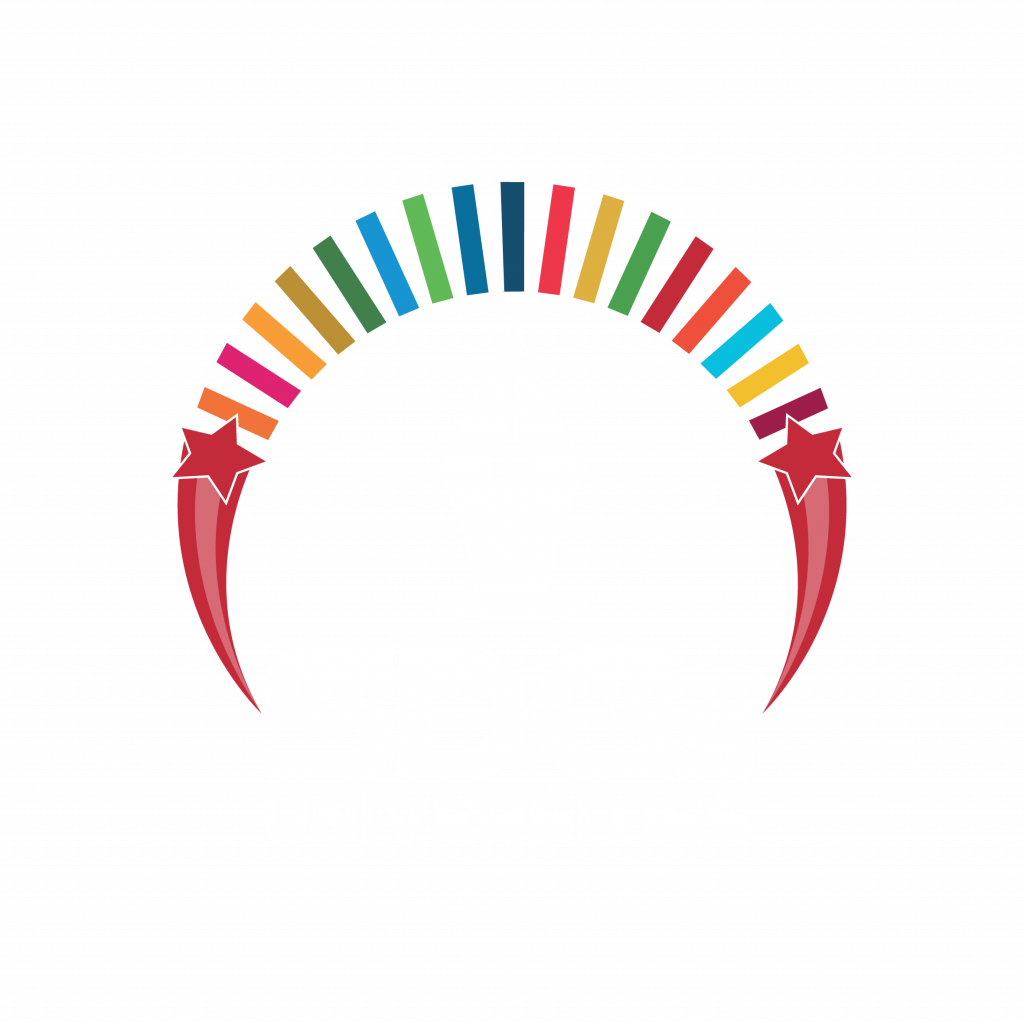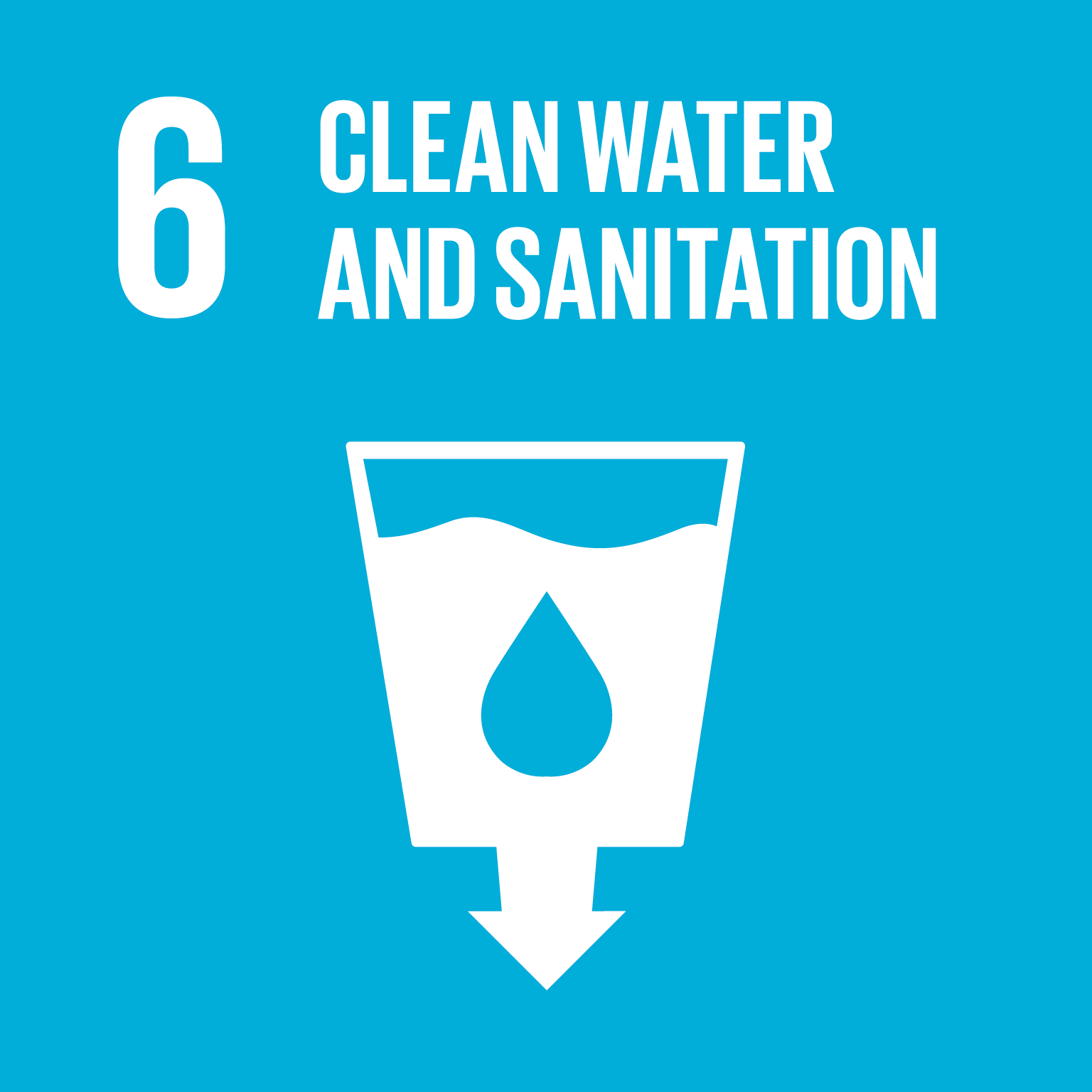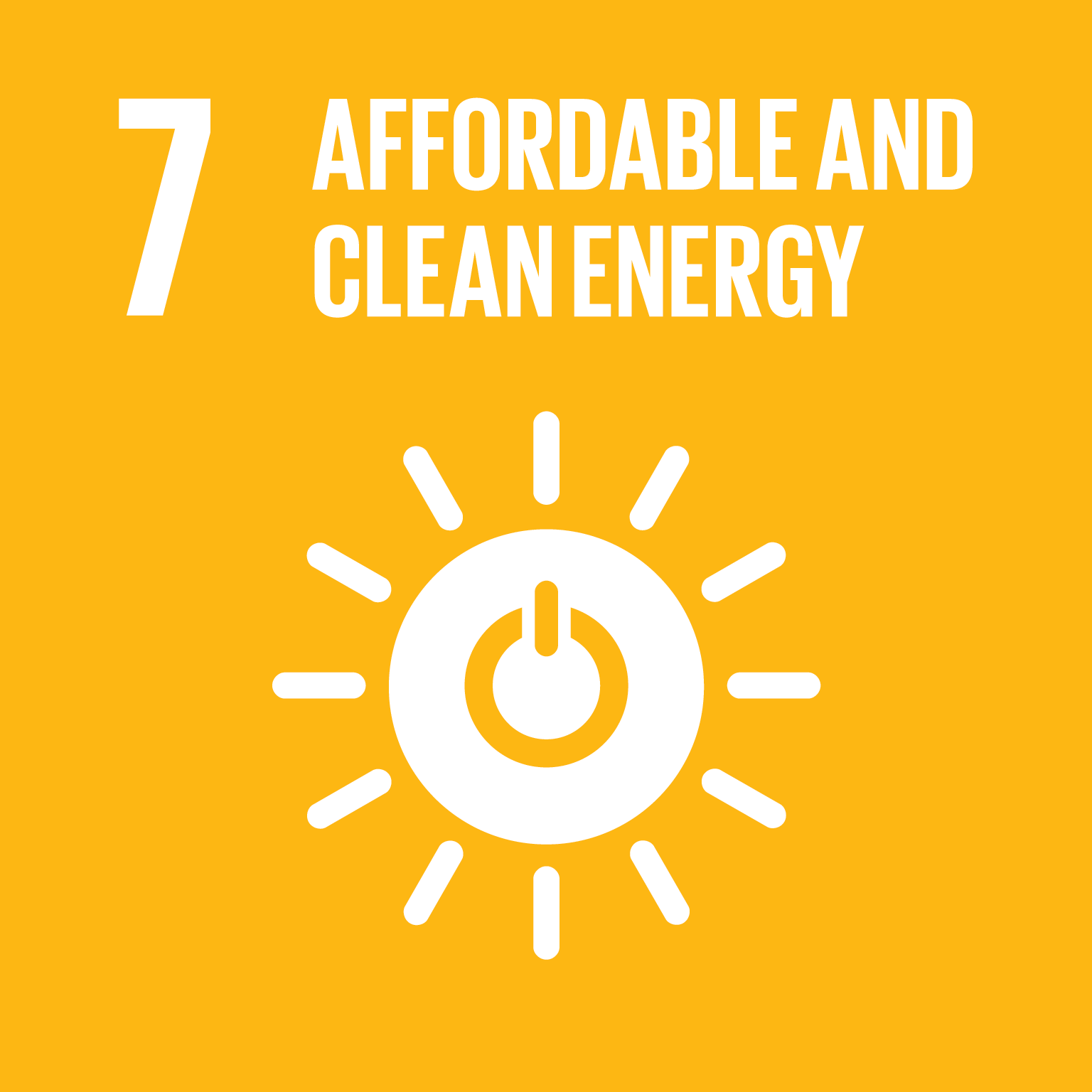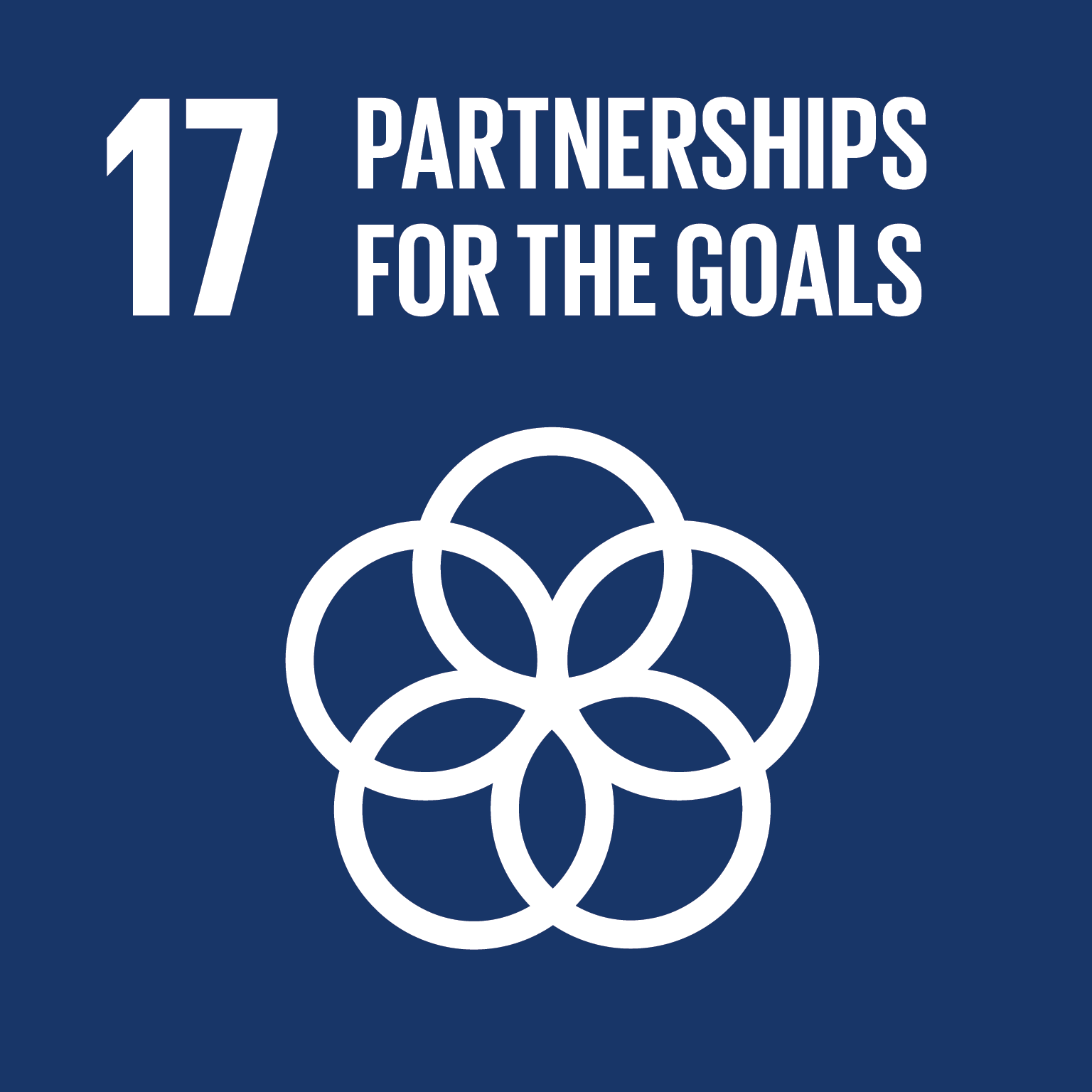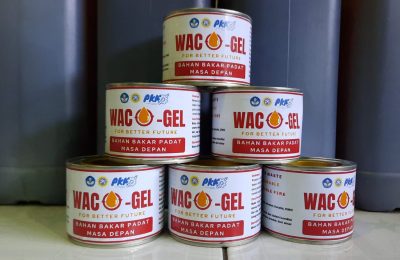Community development and engagement is a multifaceted concept that encompasses two key dimensions: community development and community engagement.
Community Development: Is a process that aims to improve the quality of life and well-being of community members. It involves a holistic approach that focuses on economic, social, and cultural aspects within a specific geographical area or a group of people sharing common interests.
- Economic Aspect: It includes activities such as promoting local businesses, creating job opportunities, and enhancing economic self-sufficiency. For example, a community might encourage the establishment of small-scale enterprises like local handicraft shops or community-based service providers such as a neighbourhood day-care center. This not only provides employment but also meets the local demand for goods and services.
- Social Aspect: Emphasises building strong social relationships and a sense of belonging among residents. This can be achieved through initiatives like community centers that offer various social programs, support groups for different age groups or specific needs(such as a senior citizens' club or a youth mentoring program),and activities that promote neighbourly interactions like community festivals or sports events.
- Cultural Aspect: It also focuses on preserving and promoting the unique cultural heritage of the community. This could involve the restoration and maintenance of historical sites, the organisation of cultural festivals showcasing local traditions, and the support of local artists and artisans. For instance, a community might have a traditional dance group that performs during festivals, and efforts are made to ensure the form of dance is passed down to younger generations.
- Sustainable Development Goals: Often aligns with broader sustainable development goals. This means considering environmental sustainability along with economic and social progress. For example, a community might focus on reducing its carbon footprint by promoting the use of renewable energy sources, such as installing solar panels on community buildings or encouraging the use of public transportation and cycling through infrastructure improvements.
Community Engagement: Refers to the active participation of community members in the decision-making, planning, and implementation processes that affect their community. It is about the interaction between community members, local organisations, and other stakeholders.
- Participation by Individuals: Community members can engage in various ways. They can volunteer for community projects such as a local clean - up campaign, participate in community meetings to voice their opinions on matters like a new housing development or a school expansion project, or contribute to community-based initiatives like a community garden where they help with planting and maintenance.
- Involvement of Community Organizations: Community-based organisations, non-profit groups, and local associations play a crucial role in community engagement. These organizations act as a platform for collective action. For example, a neighbourhood association might organize a series of workshops to educate residents about sustainable living and then work with them to implement energy-saving measures in the community.
- Collaboration with External Stakeholders: Also includes working with external entities such as local government agencies, businesses, and educational institutions. For example, a local school might partner with a community to provide after-school tutoring programs for students, or a business might sponsor a community event in exchange for promoting its products or services in a way that benefits the community.
- Sustainable development goals: Aims to enhance social cohesion, bringing diverse community members together and addressing social inequalities. It emphasizes environmental sustainability, promoting green practices and protecting natural resources. It centers around cultural preservation and innovation, safeguarding local cultural traditions and fostering new cultural creations.
Understanding the meaning and dimensions of community development and engagement enables individuals to enhance their quality of life, expand their social circles and develop their capabilities by leveraging community resources. What is more, it helps communities build unity, promote economic development and allocate resources rationally, facilitating the sustainable development of communities in social, economic, cultural, and other aspects, and achieving the common growth and progress of individuals and communities.
